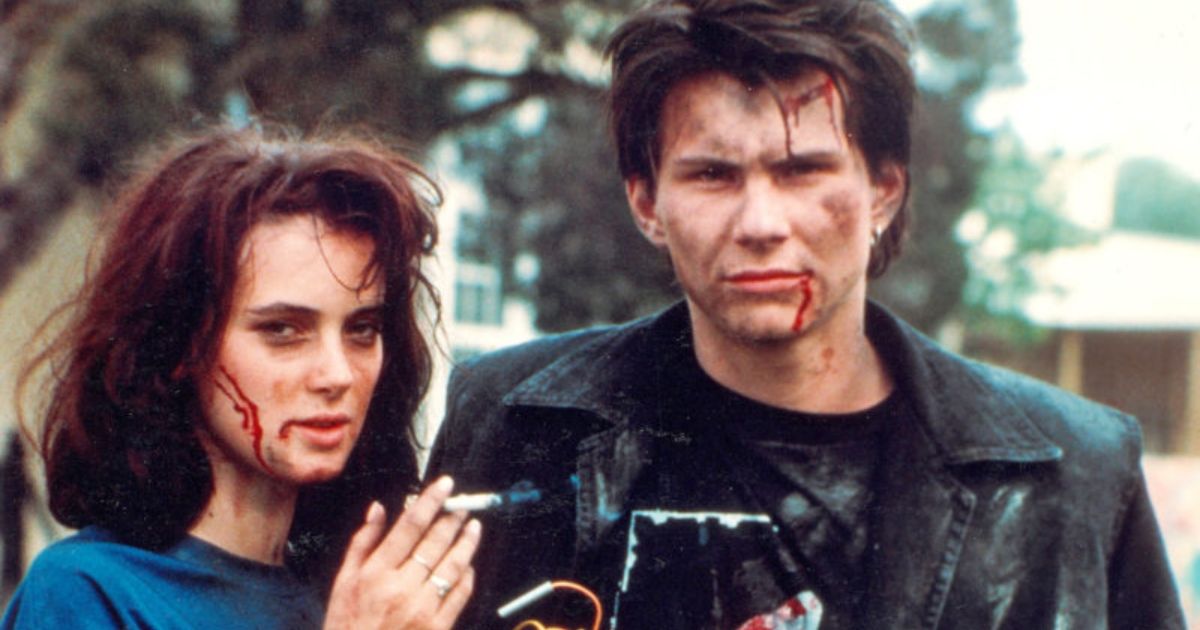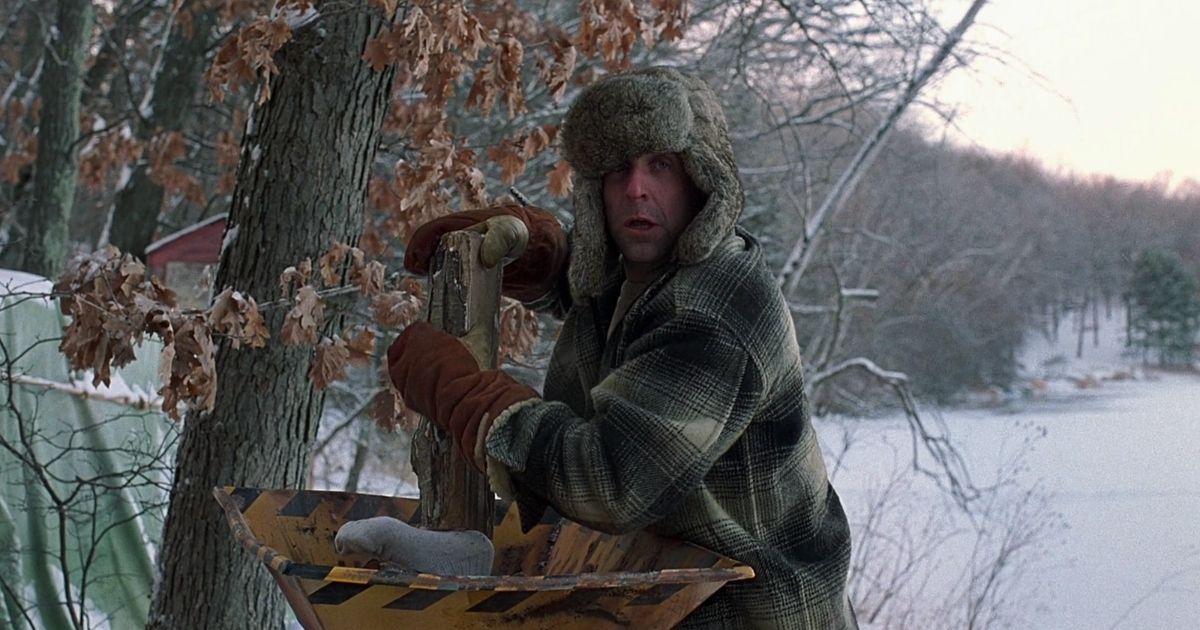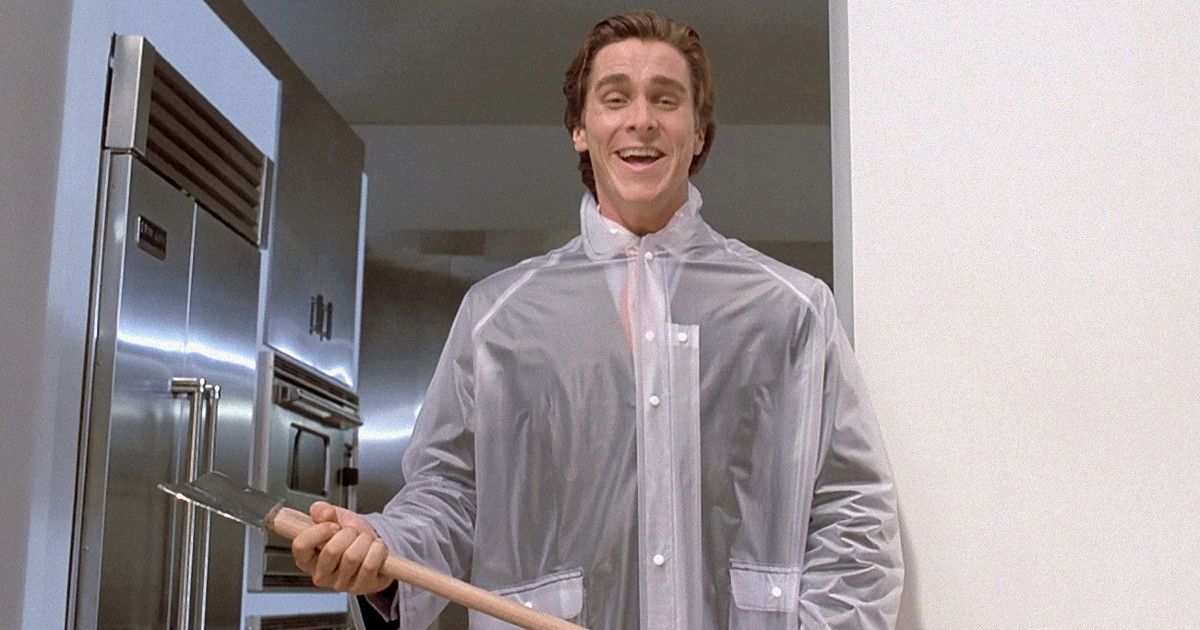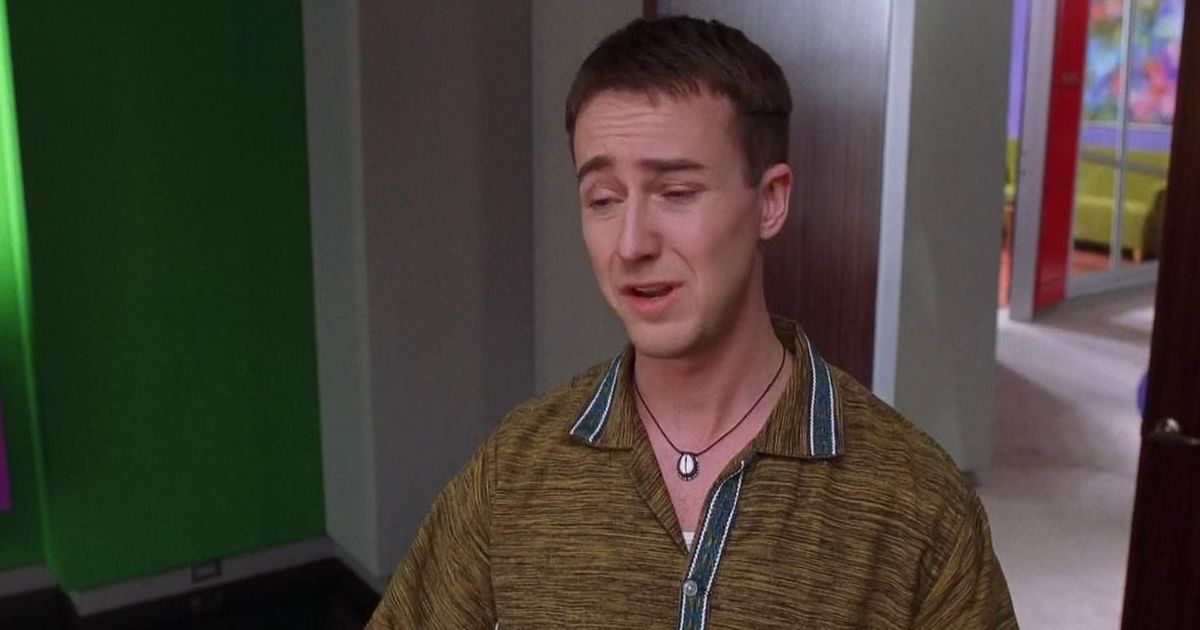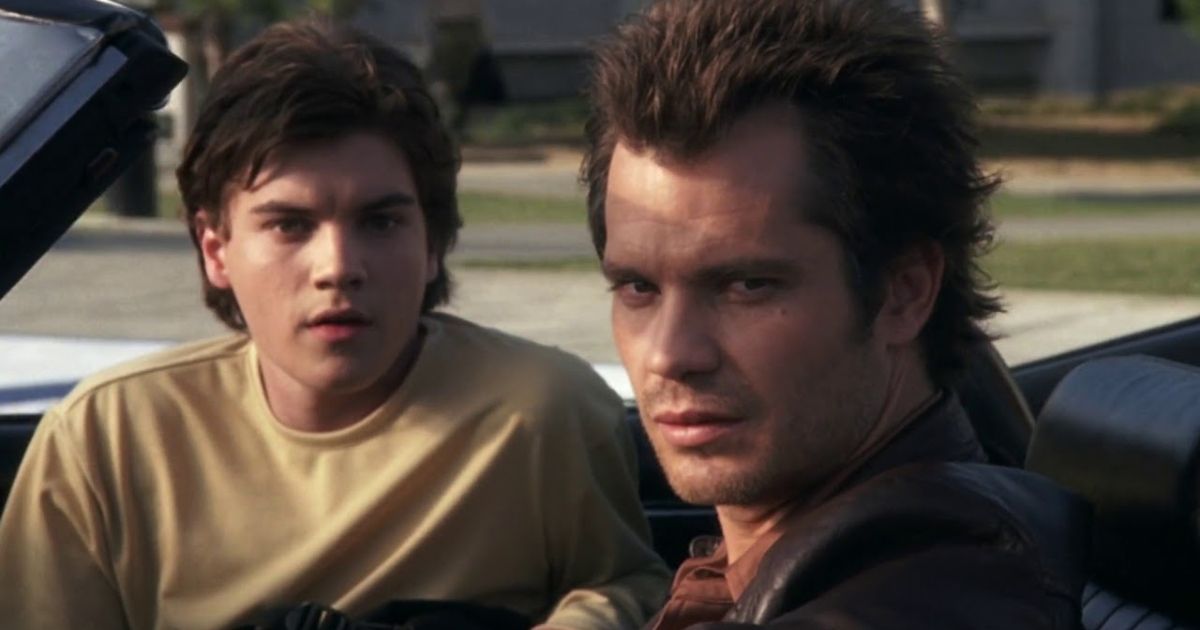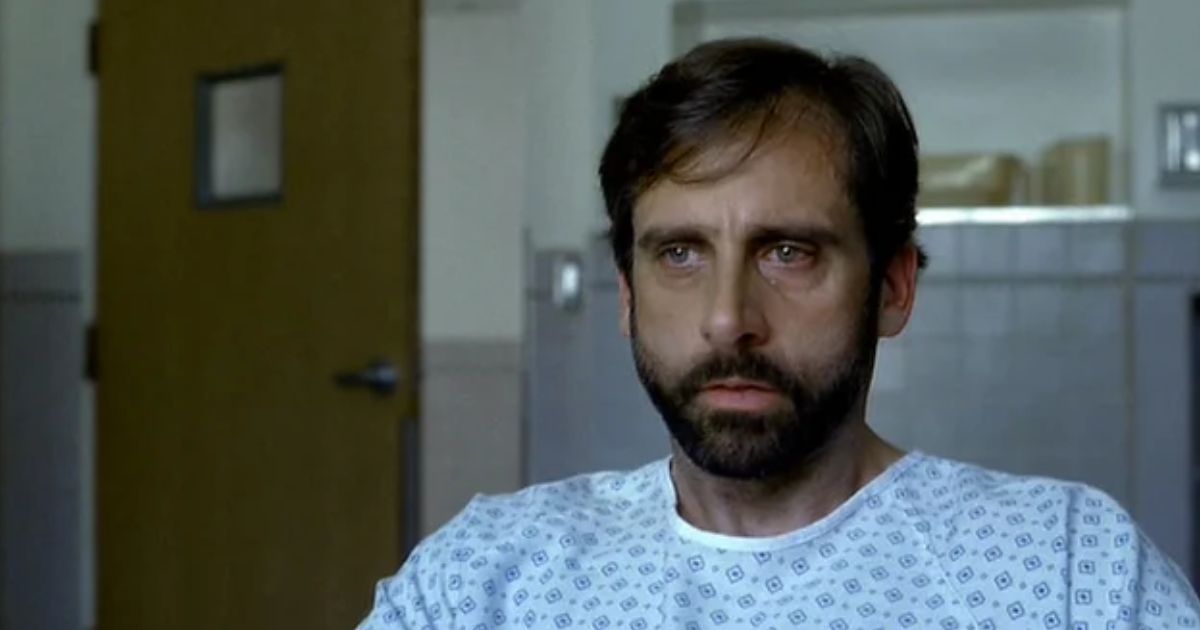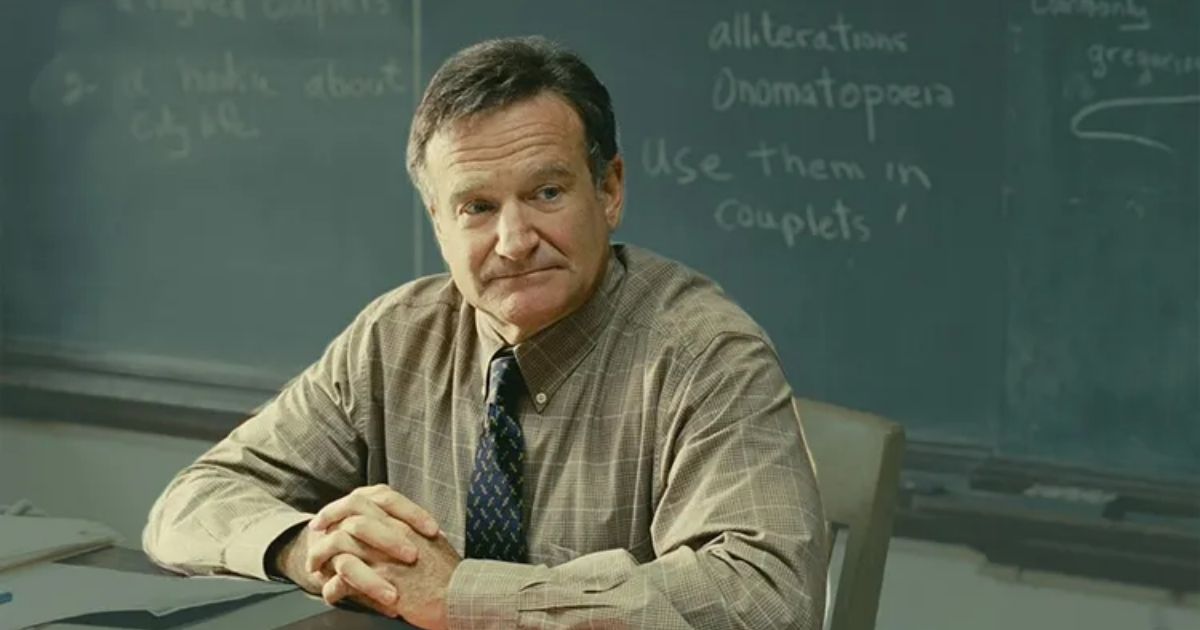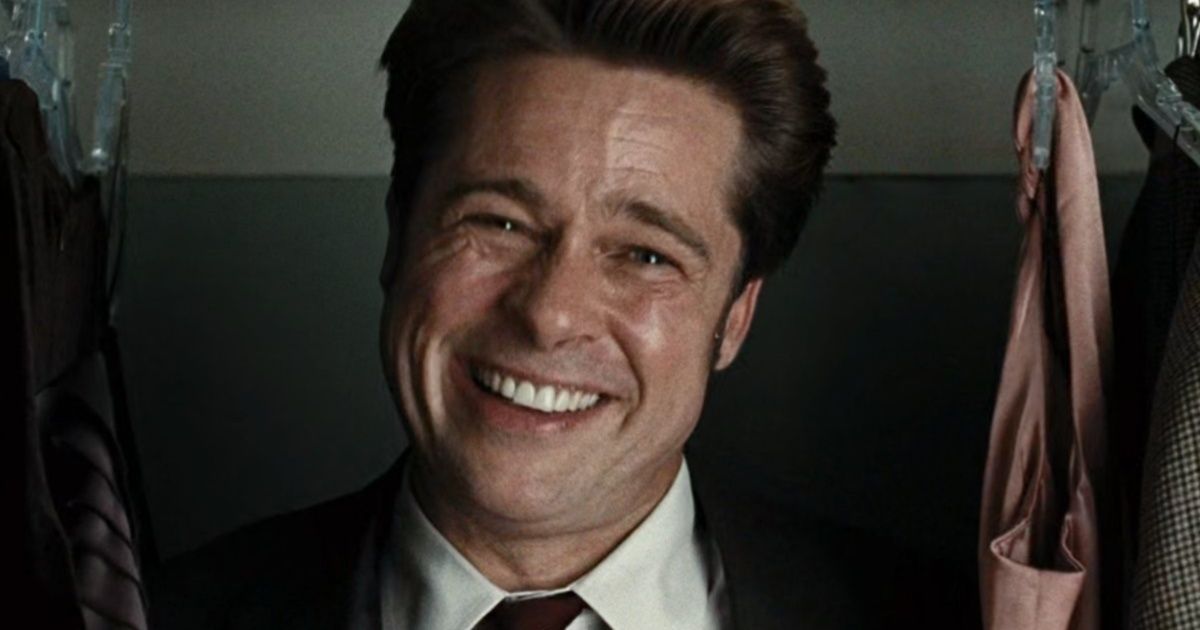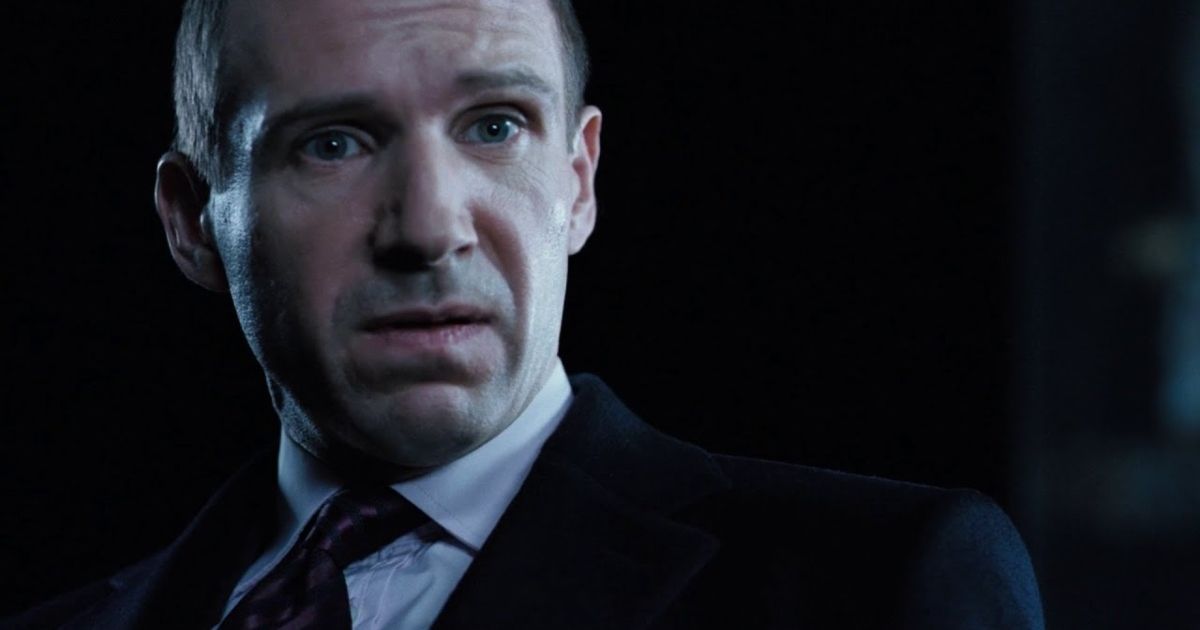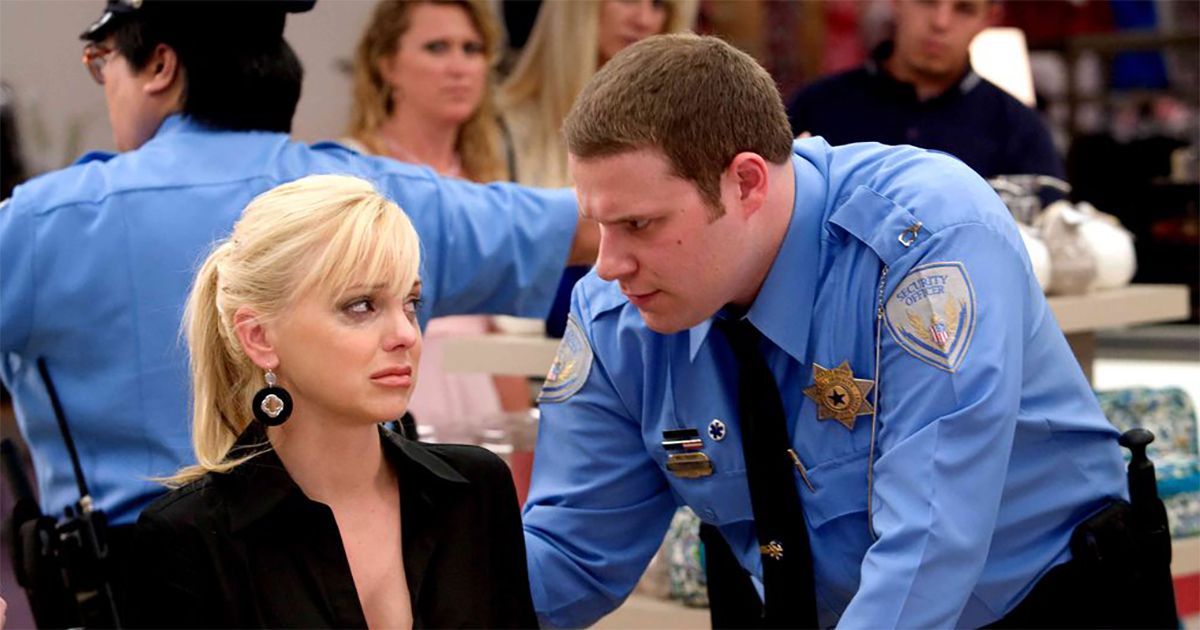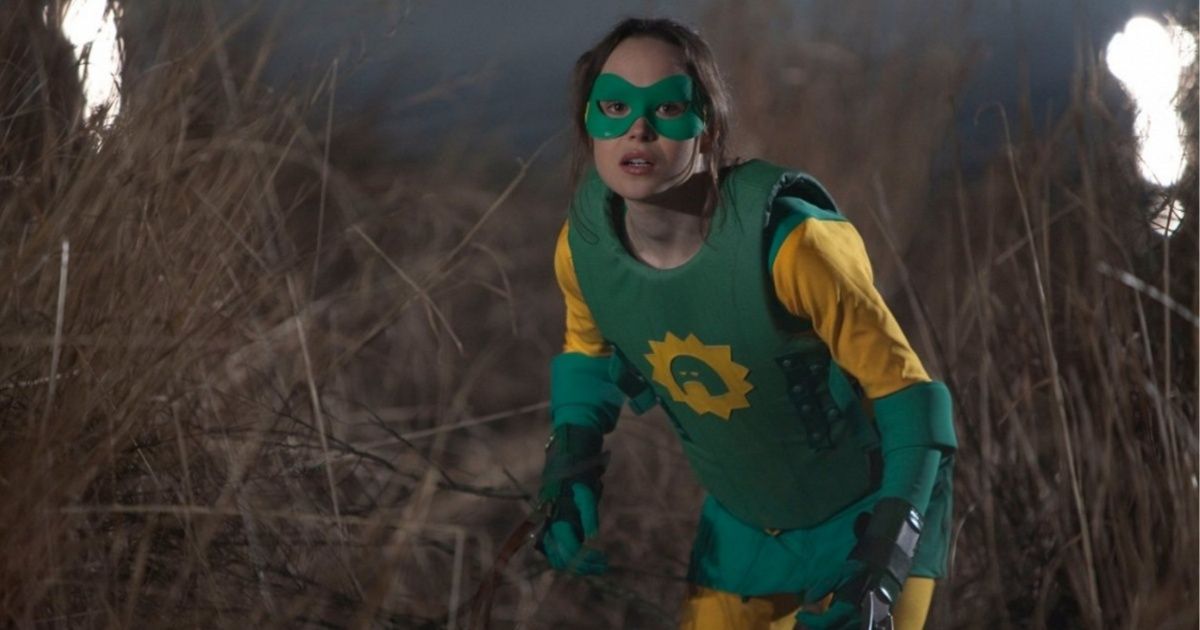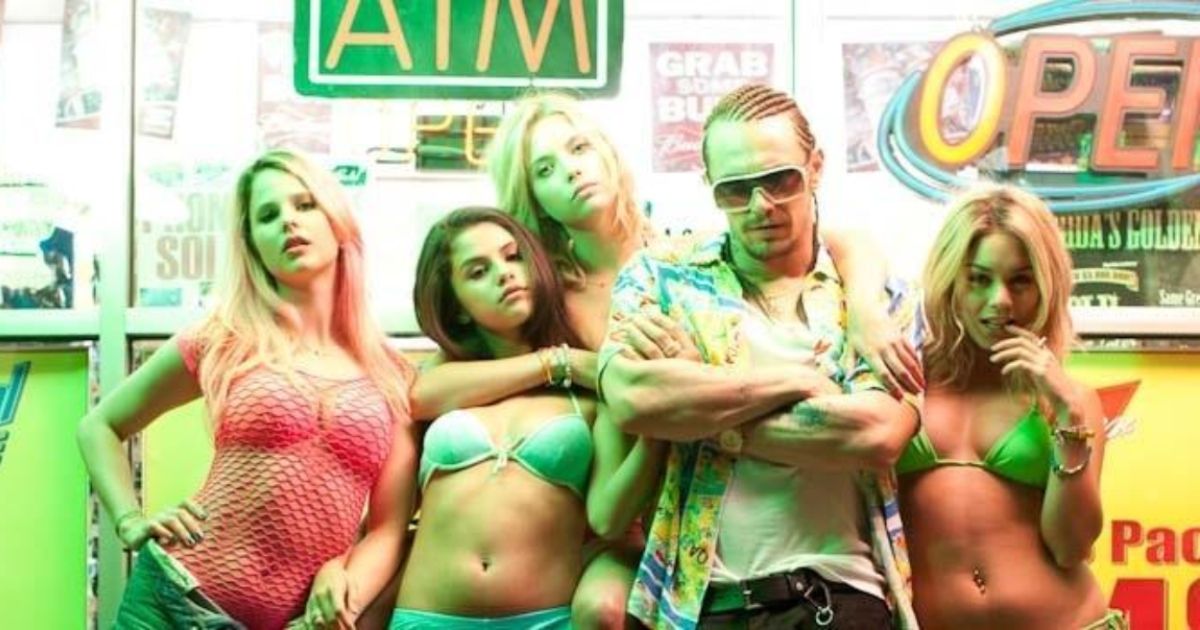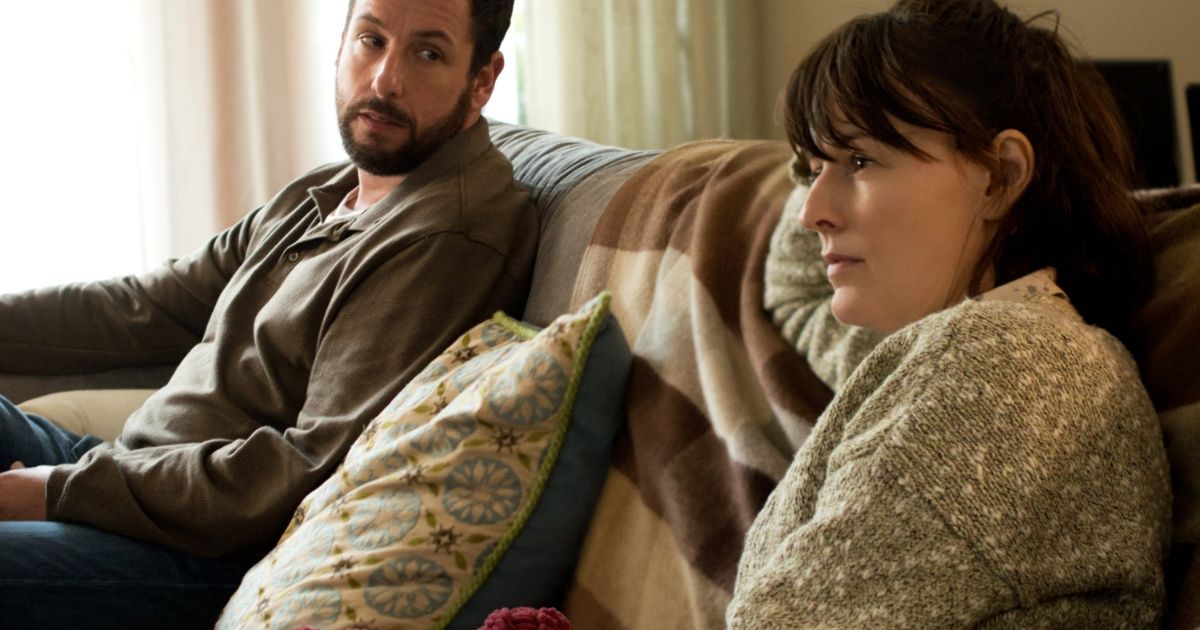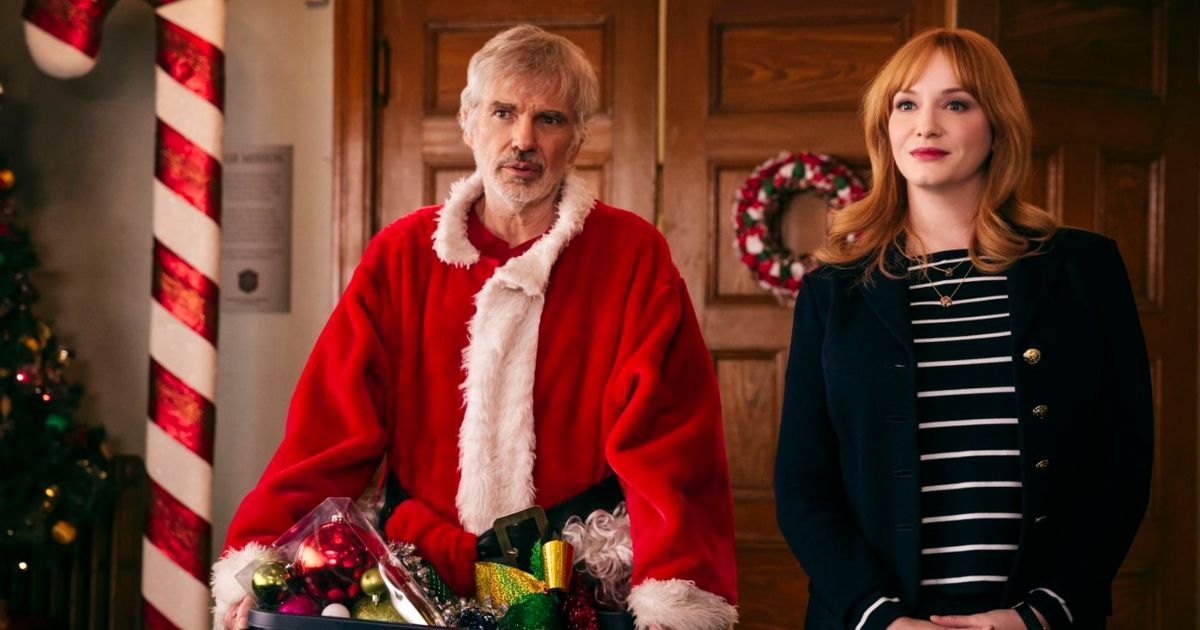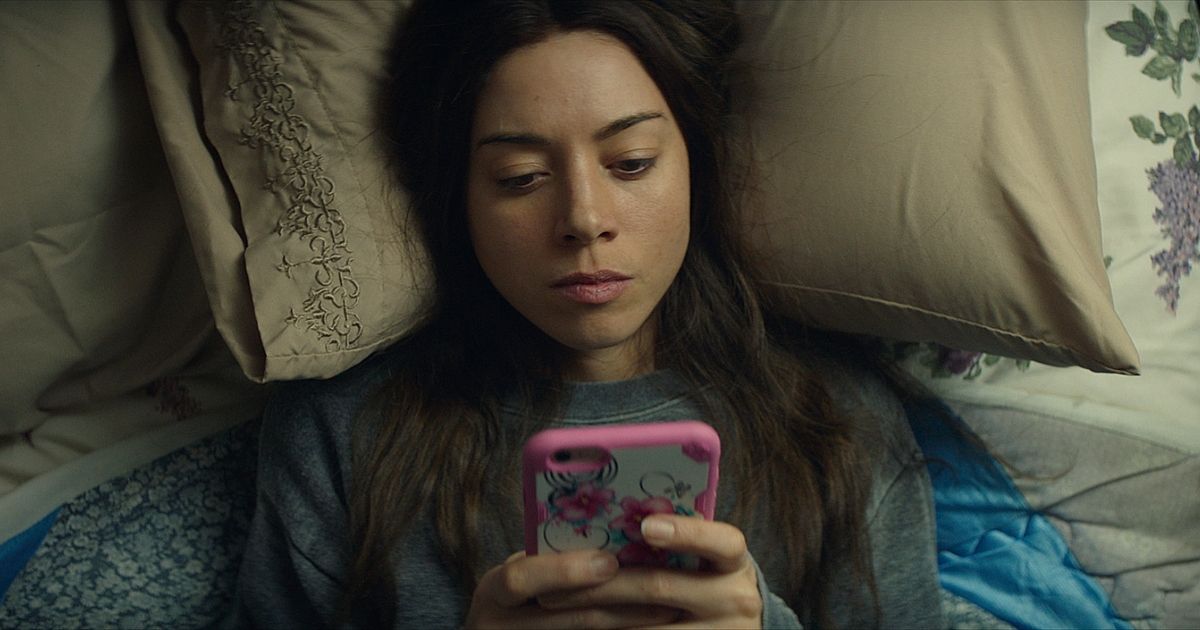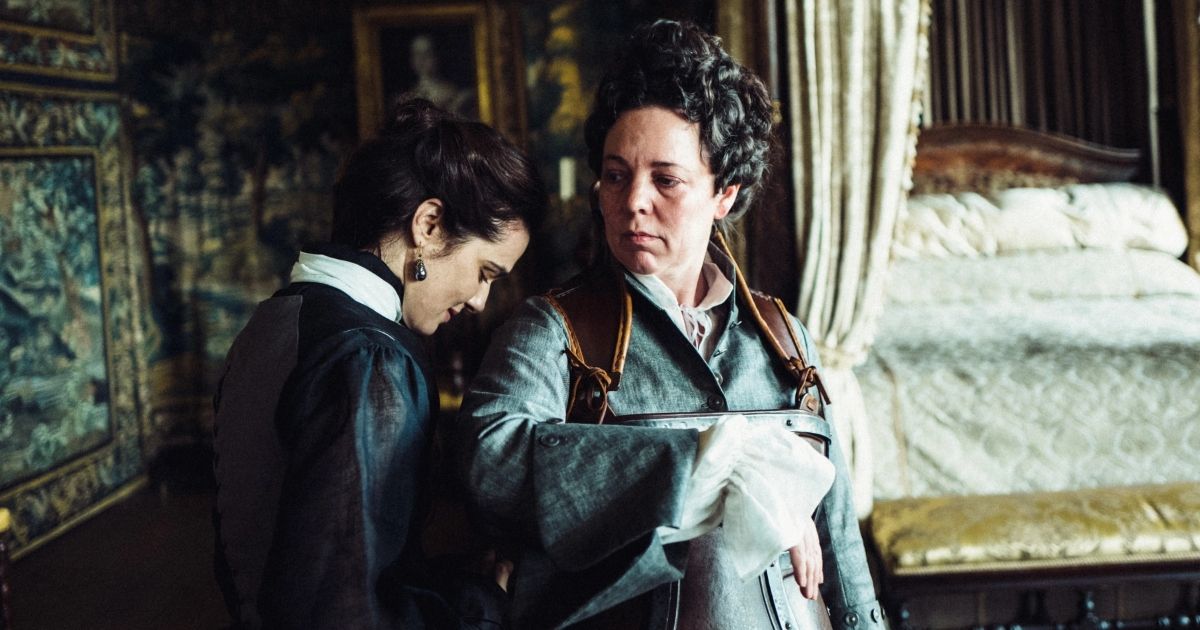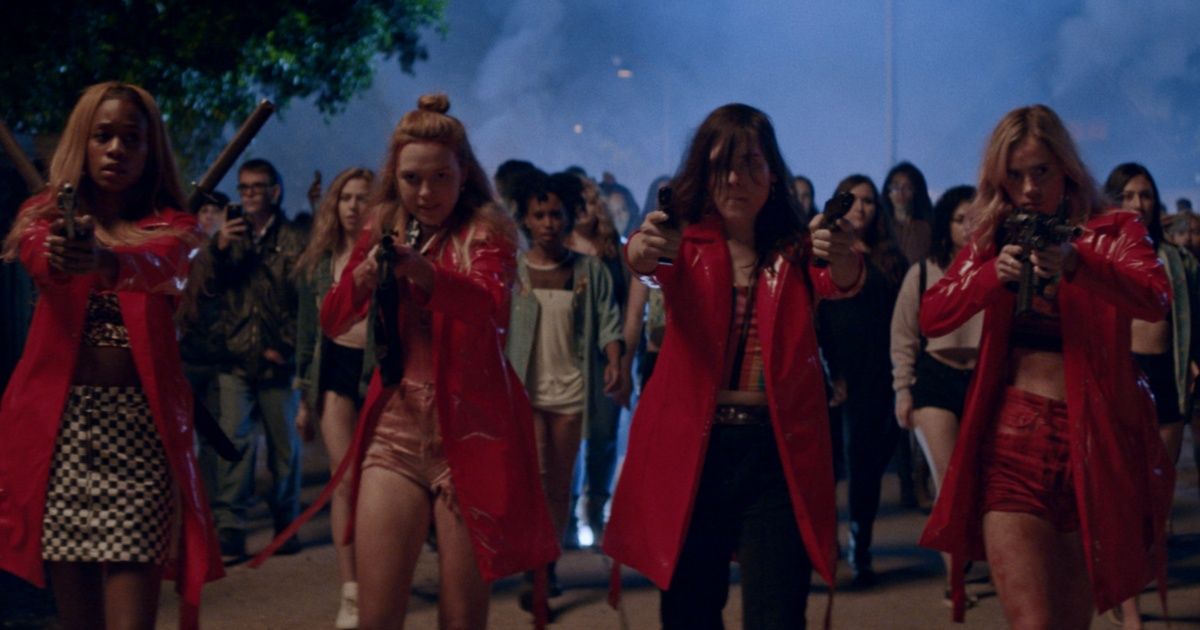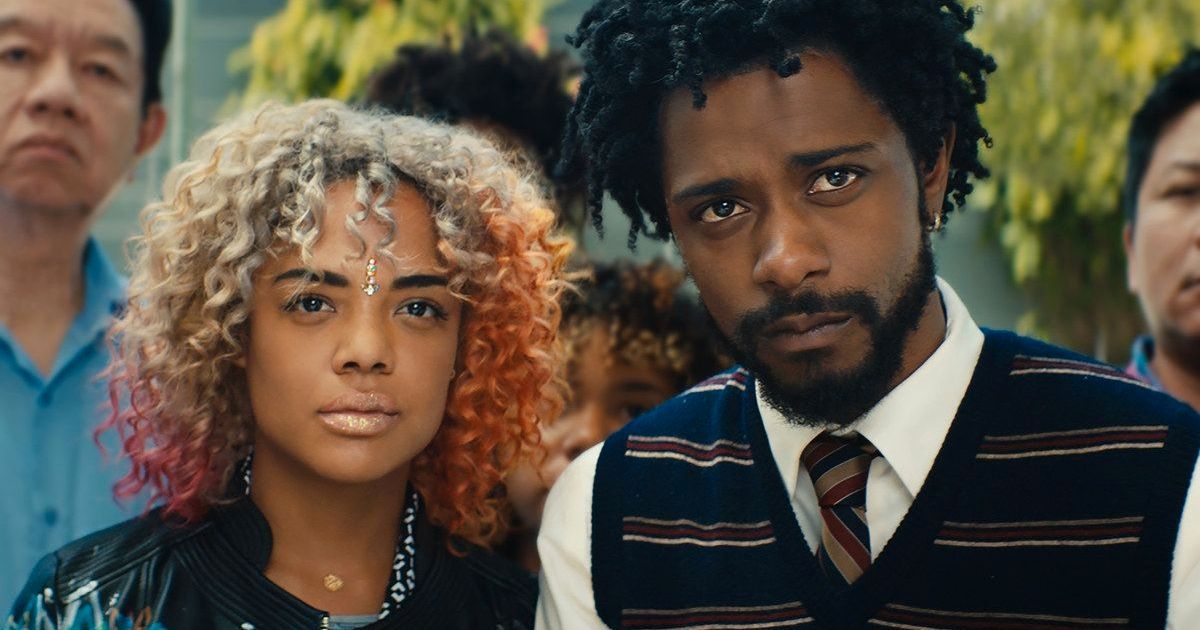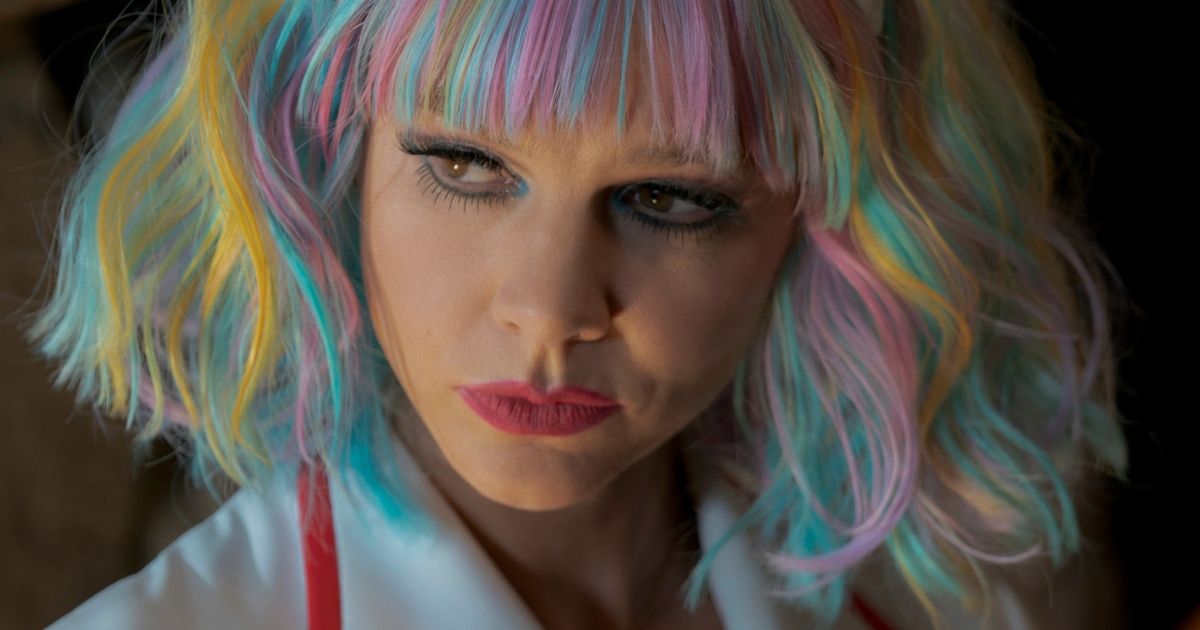Genre blending is a tricky art, and more often than not it results in a mixed bag of a film. Like the comedic horror film that forgets to bring the scares or forgets to tickle the funny bone. The dark comedy isn’t quite the result of genre-blending, but it comes close. This subgenre has graced the comedy genre with some of its more offbeat classics.
These movies are funny, but they also contain something that will stay with the audience much longer than a punchline. There’s some level of analysis of the human condition or society that rings true, even if it can be tough to stomach (especially in a movie that just made you laugh moments ago).
20 Risky Business (1983)
A major step on Tom Cruise’s ascent up the stardom ladder, Risky Business‘ sex work-driven narrative doesn’t hit the same way it did 10 years ago, much less 40. But it’s still one of Cruise’s best movies, and the romance scene with Tangerine Dream’s Love on a Real Train playing over it is one of the 1980s’ best.
The concept of running a suburban brothel lends itself naturally to an R-rated comedy, but Risky Business is less about sex and more about growth. Cruise’s Joel Goodsen needs to learn that love is more than flesh, and Rebecca De Mornay’s Lana is the one to educate him. As far as coming-of-age narratives go, Risky Business is toward the top.
19 Heathers (1988)
Heathers is a lot harder to watch in the age when school shootings are a seemingly accepted commonplace, but it’s still something special. The plot takes place at a somewhat stereotypical high school, populated with jocks, nerds, stoners, artists, and cheerleaders. Veronica Sawyer (Winona Ryder) may be a member of the friend group known as the ‘Heathers,’ but she’s more of a floater than a member of any particular clique.
And this is made all the more apparent when Jason ‘J.D.’ Dean (Christian Slater) enters the scene, adding a standoffish loner to the list of cliques. But Sawyer sees something in him, and they begin a mutual descent down a murderous rabbit hole that ultimately ends with J.D. and a bomb vest. But, Sawyer also finds out it’s not about cliques or any other such vapid nonsense, it’s about knowing who you really are and what you’re really capable of. And, of course, what kind of action you’re willing to stand in defiance of.
18 Fargo (1996)
One of the best movies the Coen brothers have ever gifted cinephiles, Fargo is first and foremost a showcase for the talent of Frances McDormand. But it also reinvented murder mysteries for modern audiences, allowed William H. Macy to play a very particular type of villainous, and gave Steve Buscemi and Peter Stormare an incredible plot line. They play kidnappers, hired by a man to capture his own wife.
Unfortunately for Buscemi’s Carl Showalter, his plot line ends a bit earlier than Stormare’s Gaear Grimsrud (but not by much). The image of Grimsrud pushing down the last bit of Showalter is unforgettable, especially considering the audience has spent so much time with the character. It’s one of the most jarring scenes from a Coen brothers film, and it’s just one of many that helps Fargo stand as a masterpiece.
17 American Psycho (2000)
Based on Bret Easton Ellis’ novel of the same name, Mary Harron’s American Psycho is an amazing showcase for Christian Bale. Playing Patrick Bateman, one of 2000s cinema’s best villains, Bale physically and emotionally dives into his portrayal, not unlike he would for The Machinist (and then immediately Batman Begins).
A satire of excess and vapid lifestyles, the titular American Psycho is just an exaggerated version of people out in the real world. Those who see a member of the homeless community and stuff their money further down their coat pockets. Bateman’s no different, he just also happens to have a butcher knife in one of those pockets.
16 Death to Smoochy (2002)
While Death to Smoochy wasn’t much of a critical darling, it’s still an under-seen Robin Williams dark comedy. Oddly enough, Death to Smoochy came out the same year as two other dark Williams movies: One Hour Photo and Christopher Nolan’s Insomnia.
Death to Smoochy is the least effective of the three, but it’s also the only one to attempt comedy. Attempt being the operative word because, more often than not, the overall sour tone of the film sinks the fun factor. With that said, even when the movie does score in the laugh department, it’s still pretty twisted, e.g. when Williams’ former child entertainer character plants a penis cookie in the mid-show gift bag of his replacement.
15 The Girl Next Door (2004)
Marketing The Girl Next Door as yet another sex-fueled romp did the sweet coming-of-age narrative a massive disservice. The Girl Next Door is infinitely better than “similar” movies of its era e.g. Eurotrip, and even gives movies like Road Trip and Old School a run for their money.
It’s actually far more in line with something like Risky Business. And this similarity didn’t help The Girl Next Door with critics when released, but it’s hard to deny that it’s been integral in making the comedy stay endearing even 20 years later. Toss in a legitimately sinister performance from Timothy Olyphant, and The Girl Next Door is a movie well worth discovering or re-discovering, just don’t expect to laugh the whole time.
14 Little Miss Sunshine (2006)
Bolstered by outright great performances (particularly from Steve Carell), Little Miss Sunshine is both one of the aughts’ best dramas, one of its best comedies, and one of its best independent movies as a whole. The cast is fully onboard with the film’s tone, and from Abigail Breslin as the titluar Little Miss Sunshine to Carell, Paul Dano, Toni Collette, Greg Kinnear, and Alan Arkin, everyone is note-perfect in their role.
It’s a beautiful movie about recognizing the lack of importance of physical beauty, much less society’s obsession with it. Sadly, this extends to real-life child pageants, a creepy enterprise that Little Miss Sunshine stops short of directly satirizing or criticizing. Instead, it’s about family, and this family in particular is more troubled than hilarious.
13 World’s Greatest Dad (2008)
Comedian Bobcat Goldthwait can get pretty dark, not unlike the few movies he’s directed. None, however, are as thought-provokingly grim as World’s Greatest Dad.
Robin Williams is devastating in the lead role of a single teacher who’s just lost his son to autoerotic asphyxiation and now has a media frenzy trying to essentially capitalize on his grief. But Williams’ Lance Clayton wants to control the narrative a bit, so he stages his son’s death as a suicide via a note. From there, the note ostensibly written by the deceased younger Clayton gets passed around his (and his father’s) school and all of a sudden everyone has nice things to say about a young man they’d never once acknowledged. It’s rough stuff, but Williams is more than capable of leading a hefty narrative.
12 Burn After Reading (2008)
If anyone had just watched the Coen brothers’ Burn After Reading and were asked to name one thing about it they remember, there’s a more than great chance they’re going to say “The death of Brad Pitt’s Chad Feldheimer” or something comparable. This is partially because Burn After Reading is, as a whole, not one of the Coens’ more memorable films.
But every scene with Pitt is a winner, as his goofy Feldheimer is a guy who’s fun to watch getting in over his head. Unfortunately, just as curiosity killed the cat, it killed the meathead.
11 In Bruges (2008)
Martin McDonagh is one of the best directors working today. And, like The Banshees of Inisherin and Three Billboards Outside Ebbing, Missouri, In Bruges proves it. Most of the narrative is spent with hitmen Ray (Colin Farrell) and Ken (Brendan Gleeson), the latter of whom has been given the task of taking out the former.
Why? Because Ray accidentally killed a kid during one of his missions. And, as his boss Harry Waters claims, this should only result in one taking their own life. And, in the third act, once it’s down to just Ray and Harry, history repeats itself, and Harry stays true to his word. The look of defeat in Fiennes’ eyes as he raises the gun to his temple speaks volumes, yet when he pulls the trigger the viewer still jumps back a bit. It’s an action that was perfectly foreshadowed, but it plays out so brilliantly that it manages to surprise.
10 Observe and Report (2009)
Director Jody Hill did better with his Eastbound & Down on HBO than with his theatrical Observe and Report. Having dark comedy stretched out just works better to save it from becoming overwhelming or arguably uncomfortable.
And Observe and Report is uncomfortable, full stop. Seth Rogen’s mall cop Ronnie is too ignorant and mean-spirited to really be likable, and even when he’s not being overtly offputting, he’s too pathetic to watch easily.
9 Super (2011)
Before James Gunn was directing Guardians of the Galaxy or co-heading the DCU, he was bringing a small, original hero to life in Super. The Office‘s Rainn Wilson stars as Frank Darbo, a dreamer of a fry cook whose wife runs off with a drug dealer.
But Darbo doesn’t see it that way. As far as he’s concerned, the drug dealer kidnapped his wife, and now Darbo wants to stop dreaming and suit up. Alongside him is Elliot Page’s Libby, and it’s the end for her character that turns Super‘s darkness level up a notch. Specifically, she’s killed with a gunshot to the head, but unlike how that’s portrayed in many movies, Libby’s death is hyper-realistic in how jarringly quick it is. There’s no chance the viewer won’t be thinking about the one shot long after the credits have rolled.
8 Spring Breakers (2013)
Harmony Korine’s Spring Breakers, like his other work, is pretty far from being emotionally accessible to most audience members. But, with excess coated in neon gloss it’s certainly a wild ride through moral depravity, gunfights, gold teeth, and bikinis.
The plot is simple on the surface: Four 20-somethings go wild in St. Petersburg, Florida alongside a vapid and materialistic drug dealer named Alien. The four young women aren’t that different from Alien, and Spring Breakers has no issue pointing its lens at their dwindling morality.
7 Men, Women & Children (2014)
Even though it was directed by Juno‘s Jason Reitman, Men, Women & Children is an indie that flat-out doesn’t work. It’s a comedy-drama that forgets to be funny in favor of outright depressing, resulting in an absolute slog of a film that will be forgotten as soon as it’s turned off.
The film deals with youth in the age of social media, which is a topic ripe for plucking, but Reitman’s film fails to possess any subtlety in its analysis. Instead, it’s filled with clichés about failed marriages and the disaffected youths they create.
6 Bad Santa 2 (2016)
Like Zoolander 2, Dumb and Dumber To, and Anchorman: The Legend Continues, Bad Santa 2 had potential. And, like those first two aforementioned comedy sequels, it’s effectively unwatchable.
But, entirely gone is the cynical yet deceptively light tone of Terry Zwigoff’s original dark Christmas classic, with director Mark Waters instead opting to dive deep into excess and expletives like those are enough on their own to secure the audience’s laughter. They are not, and before long the whole endeavor just becomes mean-spirited and depressing.
5 Ingrid Goes West (2017)
Ingrid Goes West is effectively the social media generation’s Single White Female. In other words, one obsessive character targets another they deem to be superior, then try to morph their own personality to try and fall in line with their idol.
Any narrative about stalking or general obsessive behavior is going to be uncomfortable, even if it’s in a comparatively light film. And when the stalker is played by someone as talented as Aubrey Plaza, there’s more than a good chance viewers will be too creeped out to laugh.
4 The Favourite (2018)
Featuring one of the best Oscar-winning performances of the 2010s, The Favourite is a compelling period piece of a black comedy. The plot takes place in early 18th-century Great Britain, when cousins Sarah Churchill, Duchess of Marlborough (Rachel Weisz) and Abigail Masham (Emma Stone) compete for the affections of Queen Anne (the Oscar-winning Olivia Colman).
It’s the type of dark comedy where characters will do anything to not only win, but make another lose. Stone’s Abigail is something of a troublemaker and the lengths she’ll go to for just an ounce of power are extraordinary. But, that said, The Favourite isn’t a movie where characters’ actions get more and more hilariously ludicrous. In fact, many people probably wouldn’t find The Favourite funny at all, but it’s an insightful look at how easily some people find it to manipulate others. It also has a dynamite thinker of an ending, one that doesn’t exactly inspire laughter as much as profound pity.
3 Assassination Nation (2018)
Assassination Nation is a modern lesson on judgment without knowledge. The film takes place in a fictional town called Salem, but instead of any witch trials, there’s a computer hacker who leaks every dirty secret of the town’s residents.
The leaker’s motive speaks pretty true to modern times, as he merely causes all of this chaos just to be entertained. To him, these people’s lives aren’t even worthy of being called that, they’re just characters in a play he calls life. Assassination Nation is many things, from an indictment of the social media era and the decrease in humanity that’s followed to an opportunity for a trans actor to have a meaty role. But, in the end, what Assassination Nation is more than funny or entertaining is cerebral, and the thinking it’ll have viewers do won’t be pleasant.
2 Sorry to Bother You (2018)
One of the most recent black comedy films to push the genre forward, Sorry to Bother You is an inventive, wild sci-fi thinking person’s ride. The plot follows a Cassius Green (LaKeith Stanfield) Black telemarketer who puts on a front. Specifically, he talks like a white man to increase sales.
It works, but then Green finds himself falling down a rabbit hole of corporate espionage, unionizing, and plans to turn human workers into horse-human hybrids. It’s all a critical analysis of capitalism and how American workers are pushed into the dirt for the sake of the bottom line.
1 Promising Young Woman (2020)
2020’s widely appreciated Promising Young Woman is electrified by a whipsmart script and a hardened and committed performance by Carey Mulligan. The narrative follows one young woman’s quest for revenge against the men who have wronged her and her friend.
It’s a movie filled with surprises, including just how far her targets went in their abuse. And they go further, but Mulligan’s Cassie Thomas has a contingency plan for everything, including her own death. Promising Young Woman is arguably the most brightly illuminated dark comedy to ever grace the silver screen.
This story originally appeared on Movieweb


